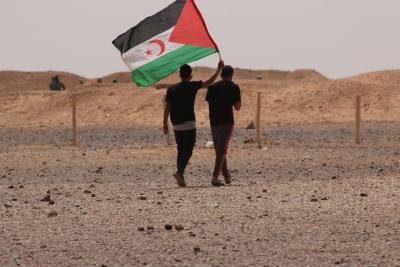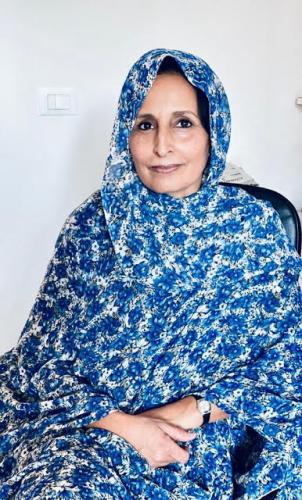Sahrawi people seek UN help against Moroccan occupation

In December last year, Germany called upon the UN Security Council to hold a closed door meeting on the U.S. decision and the deteriorating situation in the Western Sahara, after the long-running cease-fire appeared endangered. "We need a revitalization of the political process," Germany's ambassador to the UN, Christoph Heusgen, said.
This meeting was obviously not in Morocco's interest, Lechte conceded. "Morocco would very much like it if the EU — and Germany, as one of its most powerful states — simply acknowledged the Trump move. But just as we did before, we are relying on a UN process."
Another issue that was mentioned by Moroccan critics of Germany is that, on Feb. 27, the parliament in the German state of Bremen raised the flag of the Sahrawi Arab Democratic Republic — the Western Saharan independence movement's self-declared territory — over its buildings. On their official Facebook page, state politicians said they had done so to mark 45 years since the Sahrawi Republic was founded.
Another sticking point mentioned by Moroccan media is Germany's refusal to prosecute Moroccan-German activist Mohamed Hajib, who spent seven years in a Moroccan jail. A UN Working Group on Arbitrary Detention found Hajib was arrested based on a confession obtained under torture. After Hajib was released in February 2017, he returned to Germany where he has devoted his social media feeds to criticism of the Moroccan government and security agencies. In turn, the latter issued an international warrant for his arrest although it was canceled by Interpol in February.



